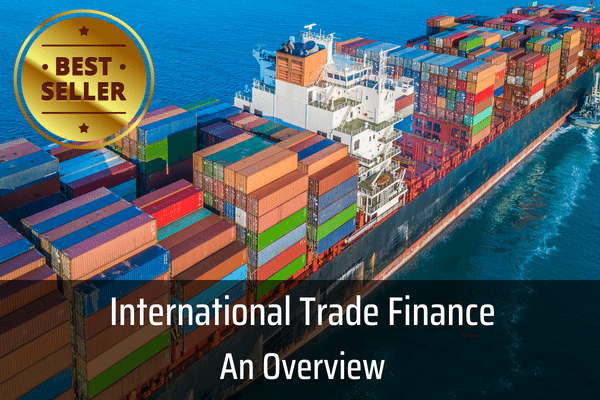There are no items in your cart
Add More
Add More
| Item Details | Price | ||
|---|---|---|---|
The digitization of international trade is revolutionizing global supply chains, enhancing efficiency, and reducing costs. At the heart of this transformation lies the standardization of trade documents, a foundational step in enabling seamless data exchange and interoperability across systems. Here’s a closer look at how standardization supports the digitization journey, its challenges, and its potential benefits.
Standardization ensures that trade documents are universally recognized and interoperable. According to the ICC Digital Standards Initiative (DSI), of the 36 key trade documents analyzed:
This highlights both the progress and the gaps in achieving a harmonized digital trade ecosystem.

Where does each Key Trade document stand?
Source: ICC DSI, Key Trade Documents and Data Elements, 2024
The journey to fully digitized trade is incomplete without the standardization of key documents. By bridging the gaps in current systems and fostering collaboration among stakeholders, industries can unlock the immense potential of digital trade. As standardization efforts continue, the vision of a seamless, interoperable global trade ecosystem is becoming a reality.
WANT TO READ MORE?
Already signed up/ logged in? Then you are all set!

Easy Explanation of International Trade Payment Methods like LC, Collections, BG etc and Incoterms 2020

Types & Uses in International Trade | URDG 758 & ISP 98 - Main Points | Clauses & Examples | Related SWIFT Messages

Jump start your Trade Finance career with this 4-in-1 course package - Trade Finance Overview, Letter of Credit, Bank Guarantees and Incoterms® 2020